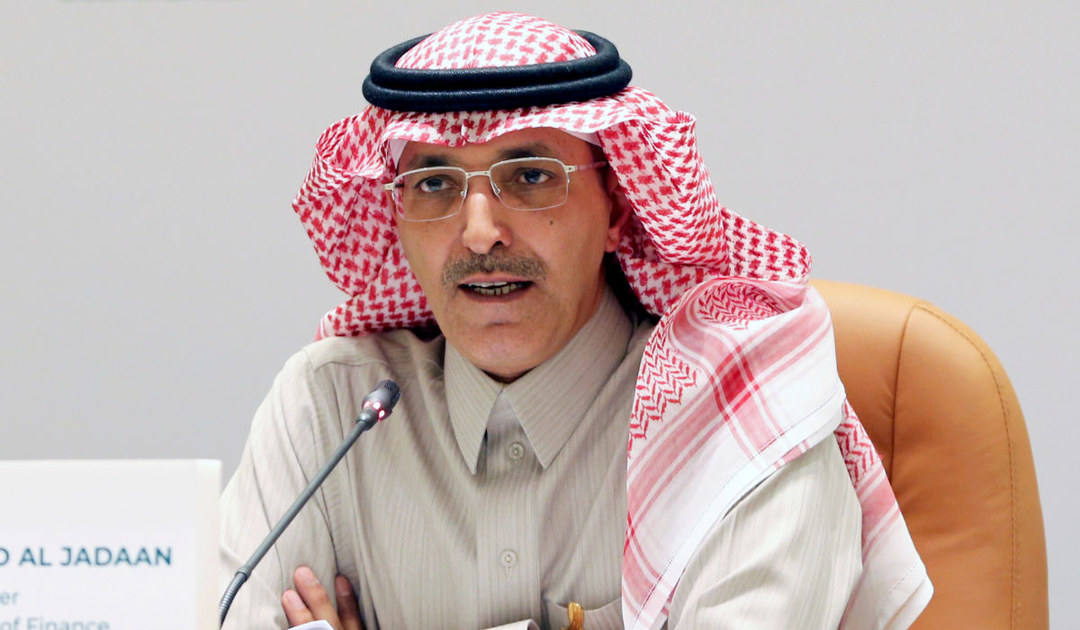Despite challenges emerging from the repercussions of the COVID-19 pandemic, which still cast a shadow over the global economic landscape, the Kingdom has demonstrated economic resilience and the ability to absorb unforeseen global economic and financial shocks.
Saudi Minister of Finance Mohammed Al-Jadaan has announced the Kingdom’s budget for 2024, revealing estimated expenditures of SR1,251 billion ($333.6 billion) and estimated revenues of SR1,172 billion, resulting in an expected fiscal deficit of SR79 billion — approximately 1.9 percent of the Kingdom’s gross domestic product.
Despite the fiscal deficit, the government will persist in supporting programs, initiatives, and economic transformation projects in line with Saudi Vision 2030, all while adhering to fiscal discipline to achieve sustainability targets in the medium and long term.
The budget will support the growth of the private sector, enabling it to achieve the Saudi Vision 2030 target of raising its contribution to non-oil GDP to 65 percent by 2030, up from 40 percent in the base year.
The budget will also support social-protection initiatives, such as the Citizen’s Account Program and Social Security Program, as well as the upgrading and necessary expansion of basic public services, including education and healthcare.
I believe that, despite the gloomy outlook of the global economy, the Kingdom has managed to navigate safely through several international challenges — including high interest rates and inflation, political unrest, and oil-price fluctuations — and succeeded in stimulating both local and foreign investment.
Al-Jadaan said that economic transformation is ongoing, and that results to date confirm the success of economic and fiscal reforms. He added that these reforms will continue to enhance comprehensive economic growth and develop fiscal management, focusing on improving the quality of services provided to citizens, residents, and visitors.
The new budget will enhance spending on strategic capital projects in line with Saudi Vision 2030, particularly focusing on projects that will have positive economic and social impacts and returns. Additionally, it will support the Kingdom’s journey toward economic diversification, thereby improving the business ecosystem and creating a more attractive investment environment with steady economic growth.
It is expected that the public debt balance will reach SR1,103 billion (25.9 percent of GDP) by the end of 2024, compared to SR1,024 billion (24.8 percent of GDP) in 2023, a 1.1 percent year-on-year increase.
I believe that, despite the gloomy outlook of the global economy, the Kingdom has managed to navigate safely through several international challenges — including high interest rates and inflation, political unrest, and oil-price fluctuations — and succeeded in stimulating both local and foreign investment.
Structural reforms have improved fiscal and economic indicators, driving economic diversification and fiscal stability. For example, foreign direct investments amounted to SR122 billion in 2022, an increase of 22 percent over the previous year.
Non-oil activities are expected to grow by 4.9 percent in 2023, and the unemployment rate among Saudi citizens has been reduced to 8.3 percent, compared to 12.8 percent in 2017. The private sector has employed 2.3 million Saudi nationals — the highest number ever recorded.
Additionally, female participation in the labor market has reached 35.3 percent, surpassing the Saudi Vision 2030 target by 5.3 percent.
• Talat Zaki Hafiz is an economist and financial analyst. X: @TalatHafiz












